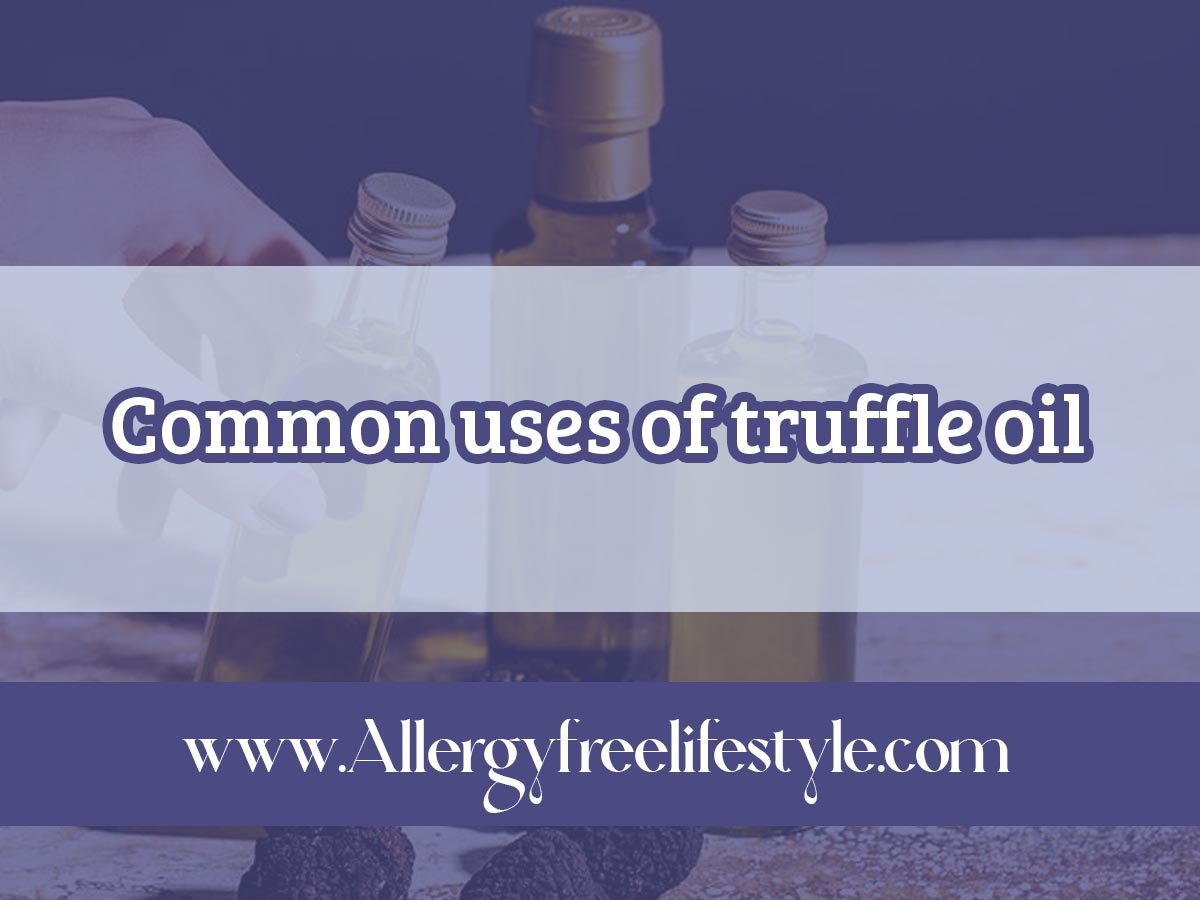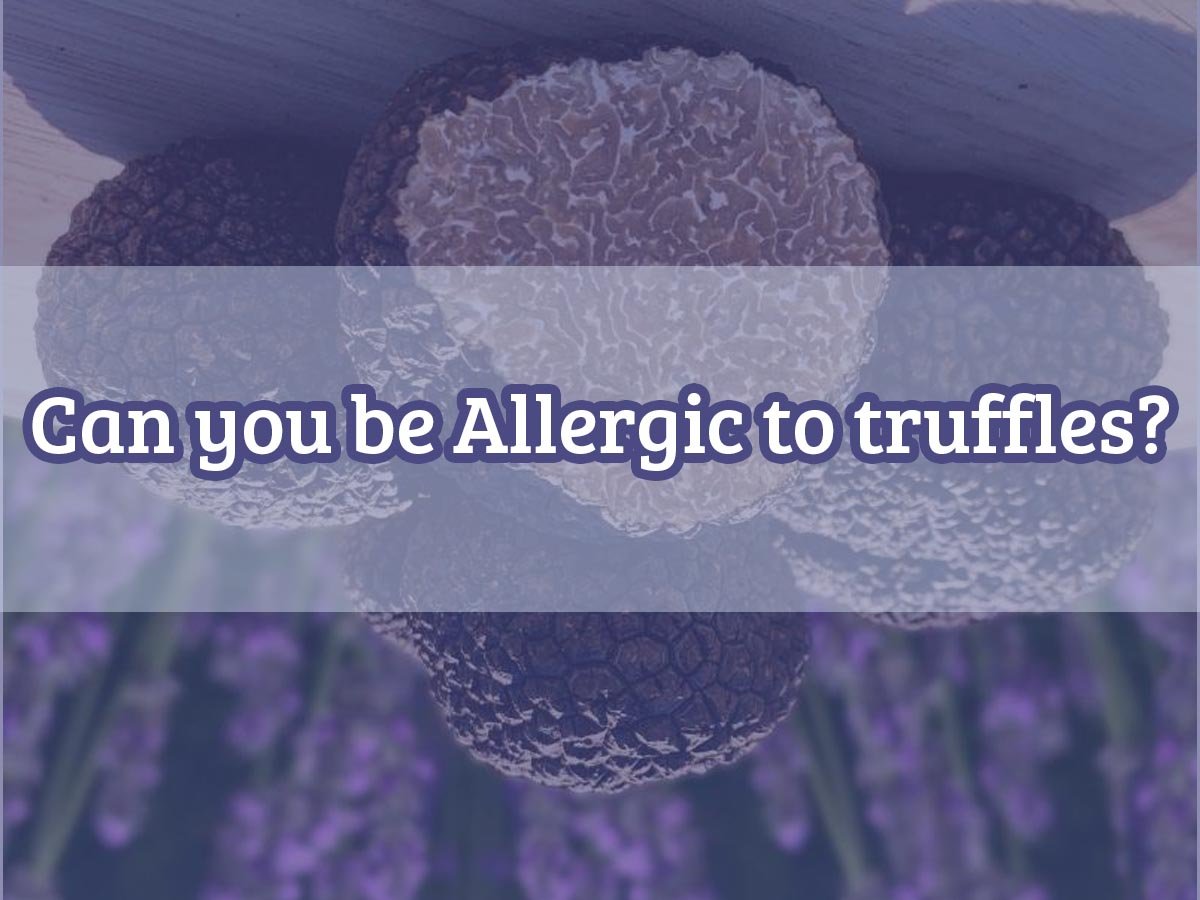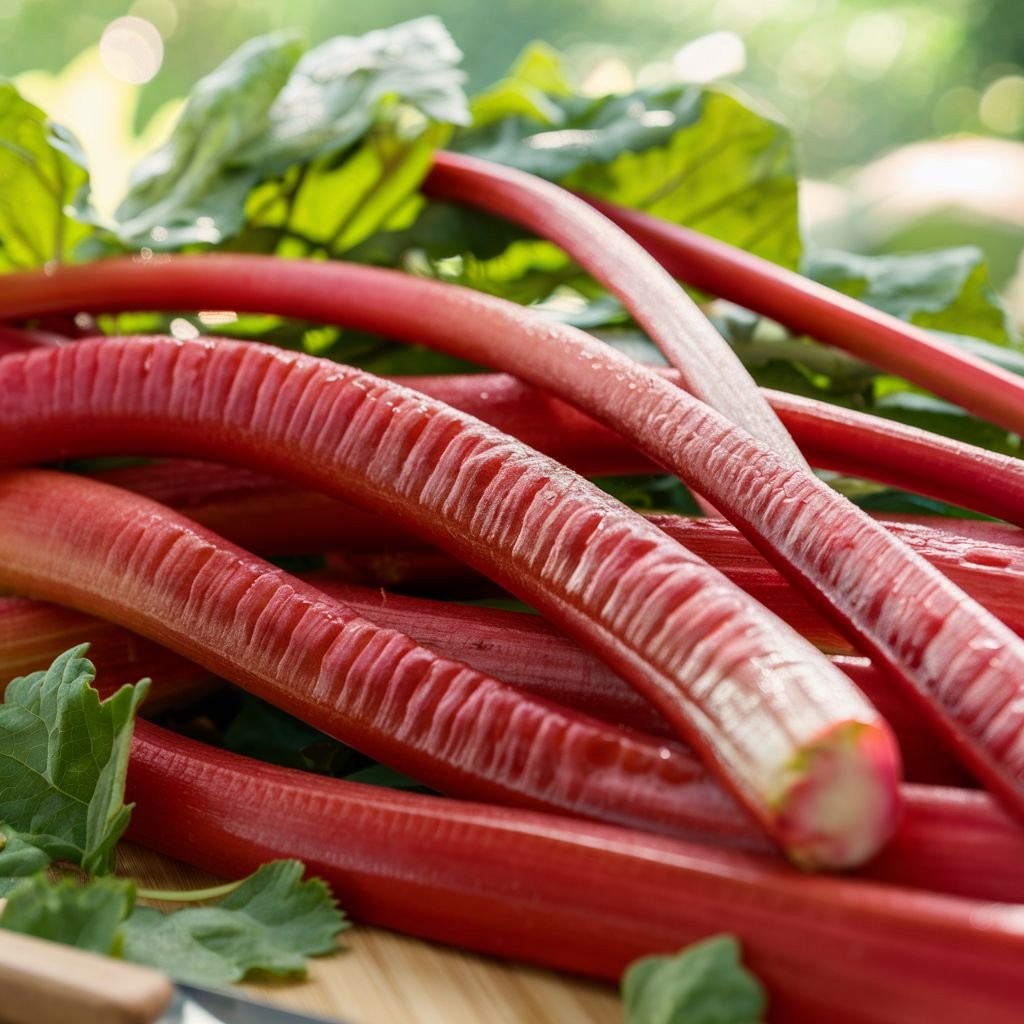
Truffle oil, a culinary ingredient enveloped in both luxury and controversy, has carved its niche in gastronomy with its rich, earthy aroma and the ability to elevate dishes from ordinary to extraordinary. Revered by chefs and food enthusiasts alike, truffle oil is often used as a finishing oil, imparting a hint of truffle flavor to pastas, pizzas, and even popcorn, making it a staple in gourmet kitchens around the world. Crafted by infusing base oils such as olive or sunflower with the essence of truffles—whether through actual truffle pieces or synthetic aromatic compounds—it offers an accessible way to introduce the coveted taste of truffles into various dishes.
As its popularity continues to soar in culinary circles, so does the curiosity about its effects on health, particularly for those with food sensitivities or allergies. This leads to an important question: Can you be allergic to truffle oil? And Can you be allergic to truffles?
Understanding the components of truffle oil and how they interact with the body is essential for culinary professionals and enthusiasts who wish to navigate the world of flavors safely and with awareness.
In this article, we’ll delve into the culinary science behind truffle oil, explore the potential risks, and shed light on whether truffle oil can indeed cause allergies. So fasten your apron strings and embark on this flavorful journey!
What is Truffle oil?

Truffle oil is a testament to the culinary world’s ingenuity, offering a gateway to truffles’ luxurious and distinctive flavor in an accessible form.
Truffle oil is a culinary elixir, a meticulously crafted infusion that marries the rich, earthy essence of truffles with a carrier or base oil. The base oil, typically olive or sunflower oil, is chosen for its neutral taste and ability to absorb and convey the aromatic profile of truffles effectively. The infusion process involves either steeping actual pieces of truffle in the oil or incorporating truffle essence derived from natural truffle extracts or synthesized in a lab to mimic the truffle’s complex flavor profile.
How Are Truffle Oils Made?
The production of truffle oil can follow one of two paths: using real truffles or synthetic aroma compounds. High-quality truffle oils are often made with real truffles, either black or white varieties, allowing the natural oils and flavors of the truffle to permeate the base oil. However, due to the scarcity and high cost of truffles, many commercially available truffle oils rely on synthetic compounds, such as 2,4-dithiapentane, to replicate the truffle’s signature aroma and taste. This method provides a more cost-effective way to achieve a truffle-like flavor in culinary applications.
Common Uses of Truffles and truffle oils in Cooking
Truffle oil is celebrated for enhancing and elevating dishes with just a few drops. A few drops of truffle oil can transform a simple dish into a gourmet experience. Drizzle it over pasta, risotto, or scrambled eggs for an instant flavor upgrade. Truffle oil uses span a wide range of culinary applications, from simple to sophisticated:

- Finishing Oil: Truffle oil is most commonly used as a finishing touch, drizzled over dishes just before serving to preserve its delicate aroma. It’s ideal for adding depth to risotto, pasta, and creamy soups.
- Flavor Enhancement: A small amount of truffle oil can transform the flavor profile of a dish, adding complexity to salads, omelets, and even mashed potatoes.
- Gourmet Touch: In haute cuisine, truffle oil finds its way into vinaigrettes, aiolis, and marinades, imparting a gourmet touch to everyday ingredients.
- Snack Upgrading: Elevating simple snacks, truffle oil can be sprinkled on popcorn ( Yes, even popcorn can benefit from a dash of truffle oil. Try it—you won’t be disappointed!), fries, or pizza for an instant upgrade in taste.
- Finishing Touch: Use truffle oil as a finishing touch on grilled meats, roasted vegetables, or creamy soups. Its aroma lingers, tantalizing the senses.
Cooking oil and Allergic Reactions
Food allergies are more common than we realize, affecting approximately 4% of the population. While we often associate allergies with well-known culprits like nuts or shellfish, it’s essential to recognize that allergens can hide in unexpected places—including cooking oils. Examples of popular cooking oils include:
Vegetable Oils in Food Preparation:
- Common Usage: Vegetable oils are widely used in processed and pre-packaged foods. They appear in various forms, from salad dressings to baked goods.
- Protein Content: Most vegetable oils undergo a refining process where the proteins present in the crude (raw) form are removed. However, there’s still a risk that refined vegetable oils may contain small traces of allergenic proteins.
- Labeling Challenge: Product labels often list vegetable oils simply as “vegetable oil” without specifying the exact type. This lack of clarity can be problematic for those with food allergies.
Peanut Oil Allergy:
- Prevalence: Peanut allergy is increasingly common, affecting about 1% to 2% of the Western population.
- Hidden Ingredient: Peanut oil is frequently used in cooking and food processing. It exists in crude (gourmet, cold-pressed, or raw) and refined (heat-processed) forms.
- Protein Traces: Even refined peanut oil may contain tiny traces of protein. For individuals with peanut allergies, this can pose a risk.
- Safety Measures: If you have a peanut allergy, consult your doctor regarding the safety of refined peanut oil. Highly refined oils are generally safer, but cold-pressed or expelled oils should be avoided.
Can You Have a Truffle Oil Allergy: Not Unheard of!
Truffle oil, with its intoxicating aroma and culinary allure, can indeed trigger allergic reactions in susceptible individuals. While rare, truffle oil allergies are real. Some people’s immune systems react adversely to the compounds present in truffles. The specific allergens responsible for truffle oil reactions remain elusive and are still being researched and pondered.
Can you be allergic to truffles?
Yes, it’s possible to be allergic to truffles, although such allergies are rare. Truffles are a type of fungi, and like other edible fungi, they contain proteins that can potentially trigger an allergic reaction in some individuals. The allergic response can vary from mild symptoms, such as itching and gastrointestinal discomfort, to more severe reactions like anaphylaxis, although the latter is extremely rare.

Symptoms of Truffle Allergies
Symptoms of an allergy to truffles might include:
- Skin reactions: Such as hives, itching, or eczema.
- Gastrointestinal issues: Including nausea, vomiting, diarrhea, or abdominal pain.
- Respiratory problems: Wheezing, coughing, difficulty breathing, or nasal congestion.
- Anaphylaxis: In very rare cases, eating truffles could lead to anaphylaxis, a severe, potentially life-threatening allergic reaction that requires immediate medical attention.
Cross-Reactivity Concerns
Individuals with known allergies to molds or other fungi may be at a higher risk for a truffle allergy due to cross-reactivity, where the immune system reacts similarly to structurally similar allergens from different sources. For example, someone allergic to certain molds might also respond to truffles.
Allergic Reaction of Truffle Oil
Allergies are triggered by the immune system’s response to specific proteins it mistakenly identifies as harmful. Truffle oil itself does not contain any proteins. However, several factors can contribute to reactions experienced by some individuals:
- Histamine Intolerance: Truffles, like many fermented foods, naturally contain histamine, a chemical that triggers allergy-like symptoms in sensitive individuals. Consuming truffle oil might exacerbate these symptoms, including headaches, flushing, nausea, and itchiness.
- Sensitivities to Other Ingredients: Truffle oil is often infused, meaning the truffle flavor is added to a carrier oil like olive oil or sunflower oil. Individuals with allergies to these base oils might experience reactions when consuming truffle oil.
- Synthetic Truffle Oil: Not all truffle oil is created equal. Many commercially available varieties use synthetic flavorings instead of real truffles. These synthetic compounds might contain allergens or irritants for some individuals.
Symptoms of Truffle Oil Allergies:
Interestingly, truffle oil reactions often occur rapidly after consumption (within an hour) and may include the following:
- Gastrointestinal Distress: Consuming truffle oil may lead to severe stomach pain, nausea, and vomiting.
- Respiratory Issues: Individuals allergic to truffles may experience difficulty breathing, wheezing, or shortness of breath.
- Skin Reactions: Skin itching, hives, or redness can occur upon contact with truffle oil.
- General Discomfort: Some report a general feeling of unease or malaise after consuming truffle-infused dishes.
Risk Factors:
- History Matters: Individuals with a history of other food allergies (especially to mushrooms or fungi) may be at increased risk of truffle oil allergies.
- Cross-Reactivity: Truffle proteins may cross-react with other allergens, exacerbating symptoms.
- Immediate Onset: Truffle oil reactions often manifest rapidly within an hour of ingestion.
- Seek Professional Advice:
- If you suspect a truffle oil allergy, consult an allergist.
- Carry an EpiPen if you dine out, especially since truffle oil is prevalent in restaurant cuisine.
Remember, while truffle oil adds magic to dishes, listening to your body is essential. If truffle oil doesn’t sit well with you, it’s time to explore other culinary delights.
Alternatives to Cooking With Truffle oil:
For individuals with sensitivities, exploring alternative flavoring options can still add depth and complexity to dishes. Here are some possibilities:
- Fresh Truffles: While more expensive, using fresh truffles offers a more authentic flavor experience without the potential drawbacks of infused oil.
- Truffle Powder: This dehydrated form of truffle retains some of the aroma and flavor of fresh truffles or infused oil without the histamine content present.
- Alternative Flavorings: Herbs like thyme, rosemary, and porcini mushrooms can add earthy, umami notes reminiscent of truffles.
Essential Oils and Allergic Reactions
While truffle oil is not classified as an essential oil, it shares some similarities in terms of potency and potential for causing allergies. Here’s what you need to know:
Essential Oils and Allergies:
- Essential oils are highly concentrated extracts from plants. They contain aromatic compounds that can trigger allergic reactions in sensitive individuals.
- Skin contact with undiluted essential oils may lead to skin irritation, redness, or allergic dermatitis.
- Common allergens found in essential oils include limonene, eugenol, and linalool.
Atopic Dermatitis and Caution:
- Individuals with atopic dermatitis (eczema) have a compromised skin barrier. They are more susceptible to allergic reactions to essential oils.
- If you have a history of skin reactions or sensitive skin, exercise caution when using essential oils, including truffle oil.
Can you be allergic to truffle oil? – The Conclusion
In summary, truffle oil allergies and truffle allergies, though rare, are real. Even as a refined oil, as we mentioned, several factors can increase the allergic reaction nature of the oil. As you explore the culinary world, be vigilant about hidden allergens in cooking oils. If you experience any adverse reactions, consult a healthcare professional promptly. Remember, a delightful meal should never compromise your well-being!
References for Further Reading:
Centers for Disease Control and Prevention (CDC) – Food Allergies (https://www.cdc.gov/foodsafety/food-allergies.html)


